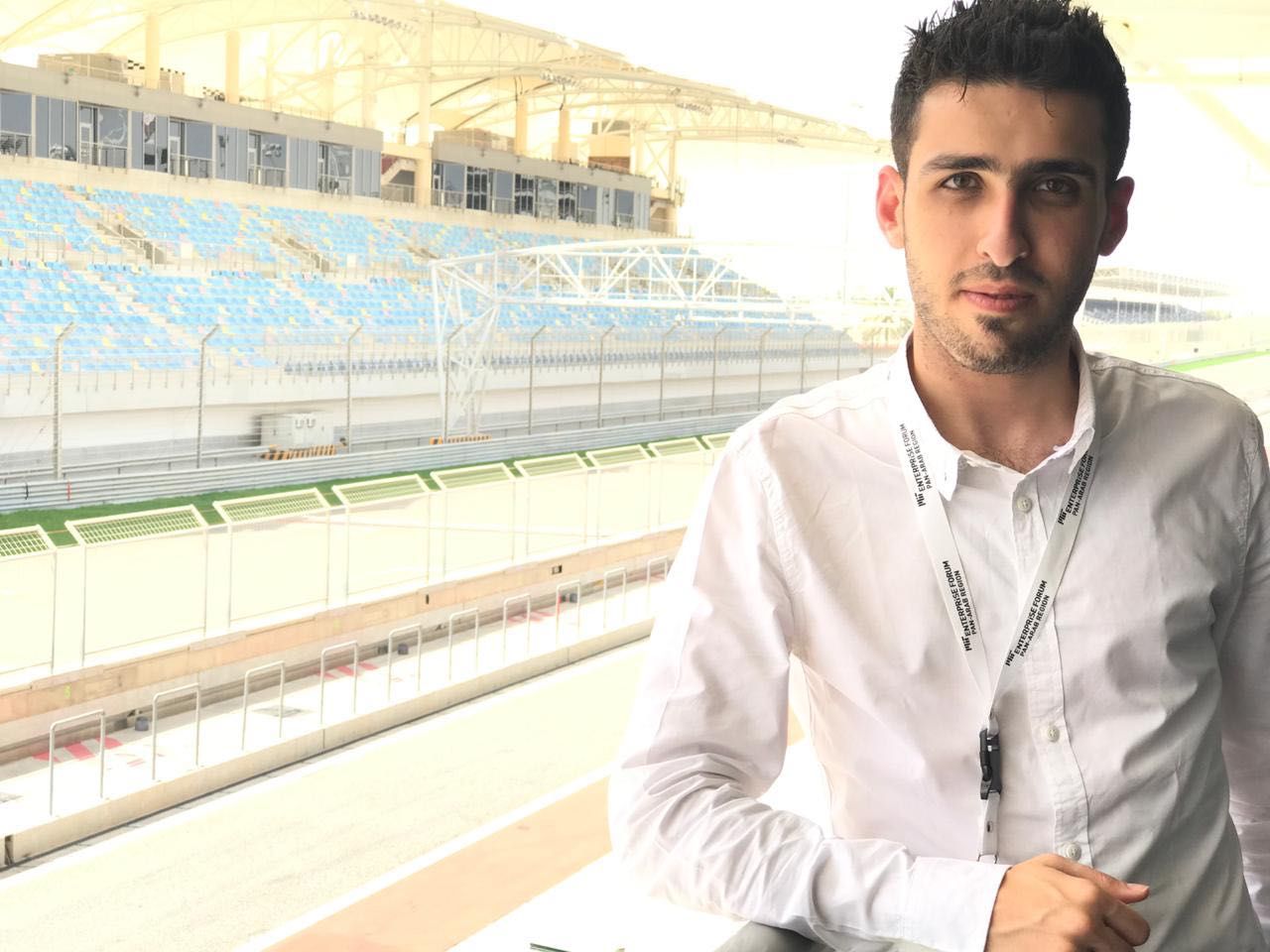In conversation with Sami Al Ahmad of Marj3

For Sami Al Ahmad, applying to study abroad and finding a scholarship was a lengthy and tedious process when the Syrian national was looking to continue studying dentistry after the war in Syria broke out in 2012.
After relocating to Cairo, he launched Khatwa, an online platform to help Syrian refugees study and work in Egypt. The platform helped some 1200 students and provided workshops to help them with the transition to a new life and job.
A few years later, Al Ahmad realised that finding scholarships was not a problem limited to just Syrians in the country and so with his co-founders Abdo Samy and Ahmed El Gebaly, the trio founded Marj3 in 2016, one of the region’s largest databases of scholarships available to students.
Today, Marj3 boasts 2.5 million visitors per month and was last year selected as startup of the year by the Global Entrepreneurship Network (GEN) Egypt. It has helped more than 70,000 students access education in both Egypt and abroad and the company is now in the process of adding a dedicated study abroad portal onto its website.
We spoke with Al Ahmad about his entrepreneurial journey.
Why did you become an entrepreneur?
When I started Khatwa in 2013, I did not know what the meaning of entrepreneurship was. I was learning by doing and learning from my mistakes. Years later, I started to learn more about the structure of what I was doing and that was the reason behind Marj3. I learned more about what a business model is, how I can make it more scalable and knew what kind of startup I was looking for.
In the beginning my family felt that I was playing and it was very hard to convince them or even people around me that I did not want to work as a dentist. They thought it would be crazy to give up all those years of studying. I told them, “I am building my career and I am really passionate about this place.” For me, entrepreneurship is not only about passion. It has to be both a gift and hard work because as an entrepreneur you have lots of pressures. We have a lot of hard times.
What is the biggest sacrifice you have had to make?
Not working as a dentist. When you start your startup, you will work on it when you are a free as a side thing. By time, you work 24 hours, seven days a week with no vacations or holidays. Also, we do not see our families or friends a lot because we spend most of our time working.
What was your biggest challenge when starting out?
We got accepted on to the Flat6Labs accelerator programme but before that, we had applied to so many accelerators and competitions, but we did not get accepted. We felt that maybe we were doing something wrong. But then we got accepted onto Flat6Labs and our numbers increased ten times. After the acceleration, we started looking for investment and that was challenging but then again, we got a grant. Your co-founders will help you to get through those times.
What is the best lesson you have learned?
To always stay ahead, to always think of what you can do to make the users happier and that is what increases the lifetime value for them. It is good to be satisfied but it is also good to always have a challenge because if you do not have one, you will not make any updates and you will be out of the market if someone comes up with something more innovative.
What will your industry look like in the next decade?
I believe it is a promising sector, education is one of the main needs for people, so it has a lot of impact with great business opportunities as well. I think we will see good investments coming soon into education startups.


